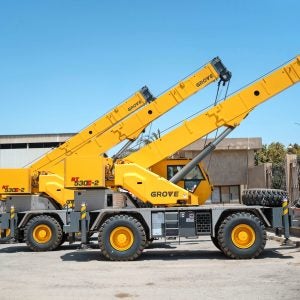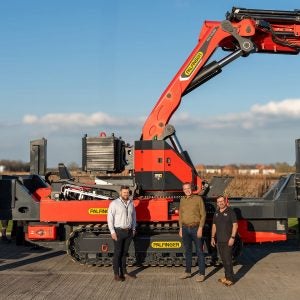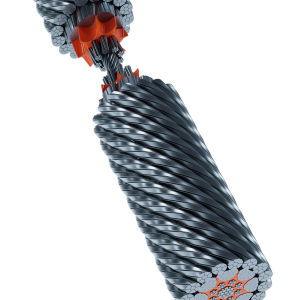Following a thorough investigation by Merseyside Police and HSE, assisted by the Health and Safety Laboratory (HSL), the HSE said that it has concluded that there is insufficient evidence to bring proceedings against any of the parties investigated. These included the crane manufacturer; the crane hirer; the principal contractor running the site; the sub-contractor using the crane at the time of the incident; and the crane driver.
The crane collapsed when the slew ring bolts failed and the slew ring fractured, allowing the main crane assembly to fall from its tower and land upside down on top of the building being constructed. Zbigniew Swirzynski, a Polish site worker, was killed and the crane driver was injured.
The HSE released best-practice advice and a reconstruction of the incident earlier this year.
Commenting on the decision, Mike Cross, HSE Head of Operations for construction in the North West said:
“This decision was reached after a lengthy and exhaustive investigation into the causes of the collapse which involved interviews with numerous witnesses and the extensive involvement of HSE and HSL specialists. No effort was spared in determining the cause of this tragic incident, which involved visits to the crane manufacturers in Spain and full engagement with the tower crane community in GB. We have already contacted Mr Swirzynski’s family to let them know our decision.”
Mike Cross continued:
“As a result of this investigation HSE has written to all tower crane hirers and suppliers in GB providing them with HSE’s technical conclusions as to the cause of the incident. We have asked them to consider what, if anything, they need to do in the light of these findings.”
The HSE also decided not to take legal action after a lengthy inquest into the Canary Wharf luffing jib tower crane disaster in May 2000 that killed three people also found insufficient evidence to prosecute.






